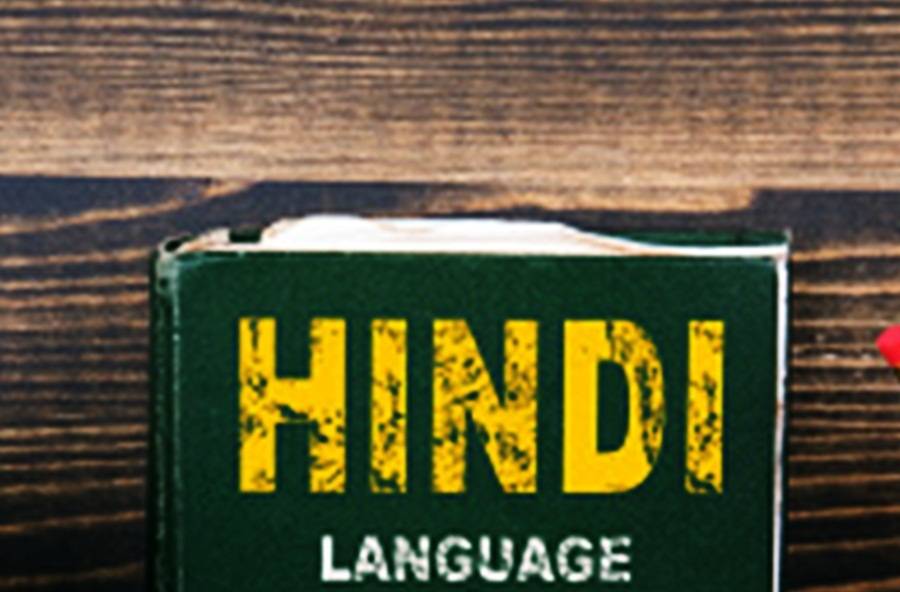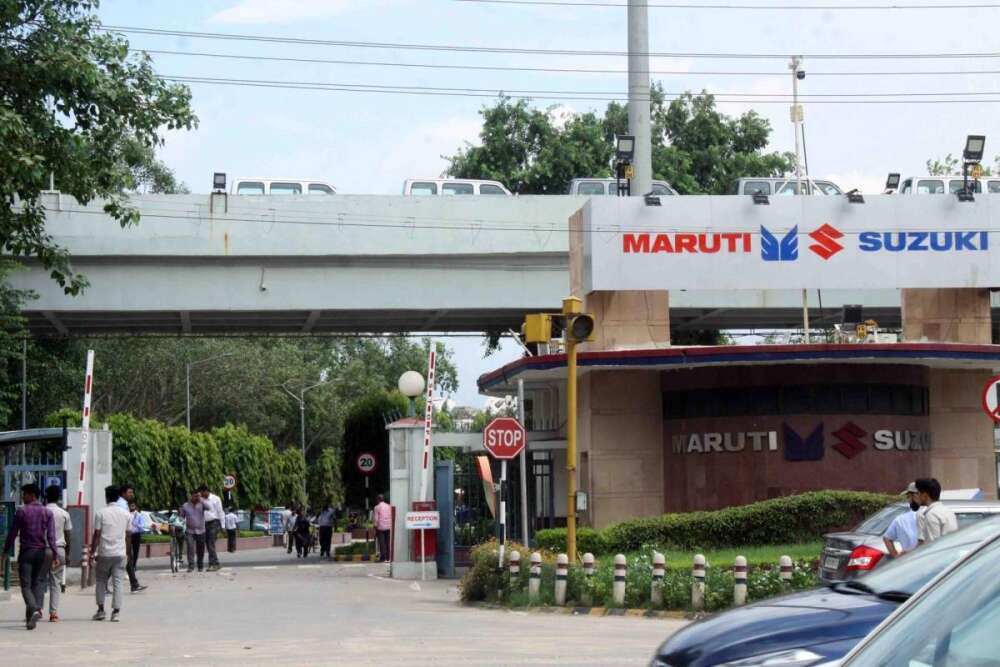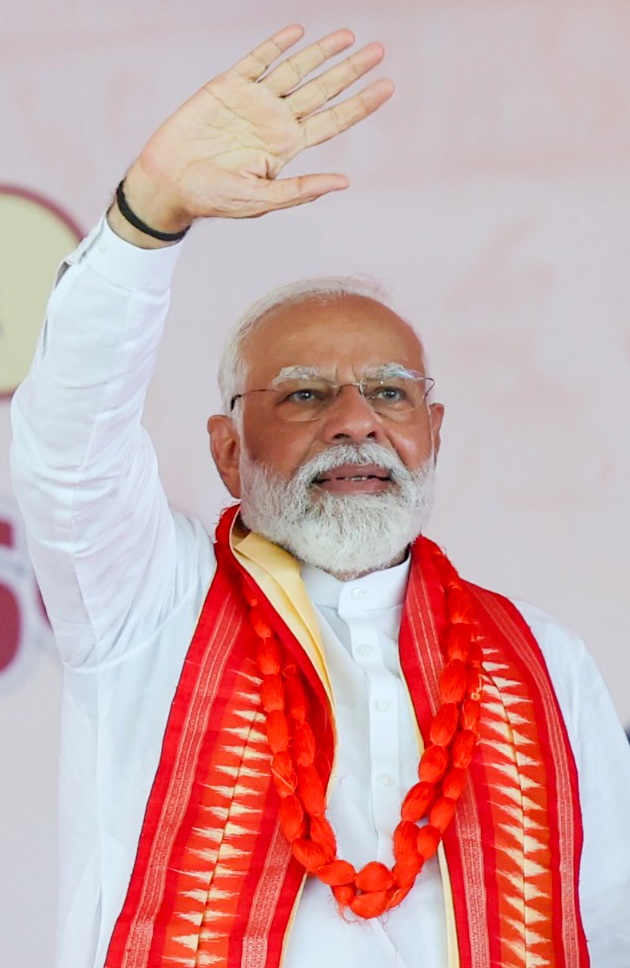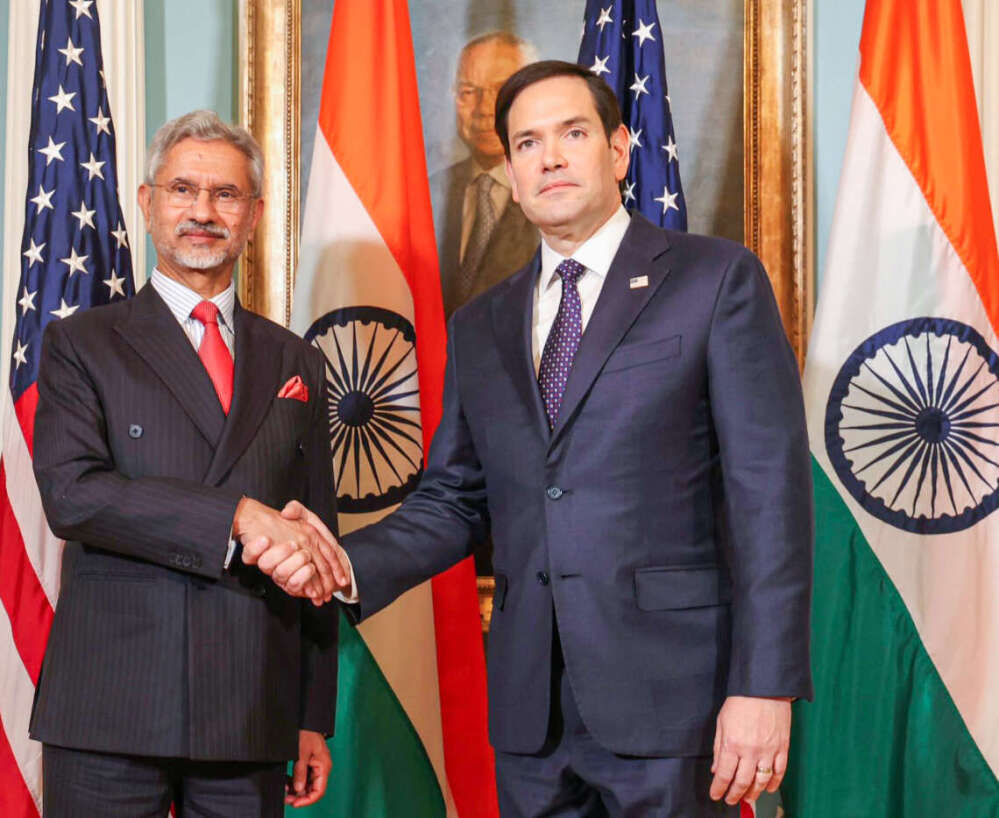This nature of the Malayalee populace is reflecting in the language controversy as well…reports Asian Lite News
While Union Home Minister Amit Shah’s forceful direction that Hindi be accepted as an alternative to English was met with stiff resistance from most of the non-Hindi speaking states, Kerala remained silent.
Several states and opposition political parties came out against the Union Minister even though he had meant that communication between people of two states could be done in Hindi rather than in English but the local languages should never be ignored.
However, states like Tamil Nadu started protests against the statement with Chief Minister of M.K. Stalin shooting off a letter to Prime Minister Narendra Modi and the Home Minister against “imposition” of Hindi.
While the neighbouring state of Tamil Nadu was live with all political parties, including the state unit of the BJP forcefully, stating that the imposition of Hindi in the state would not be allowed, Kerala was silent. There were no protests and even the politicians of the state did not speak their mind out.
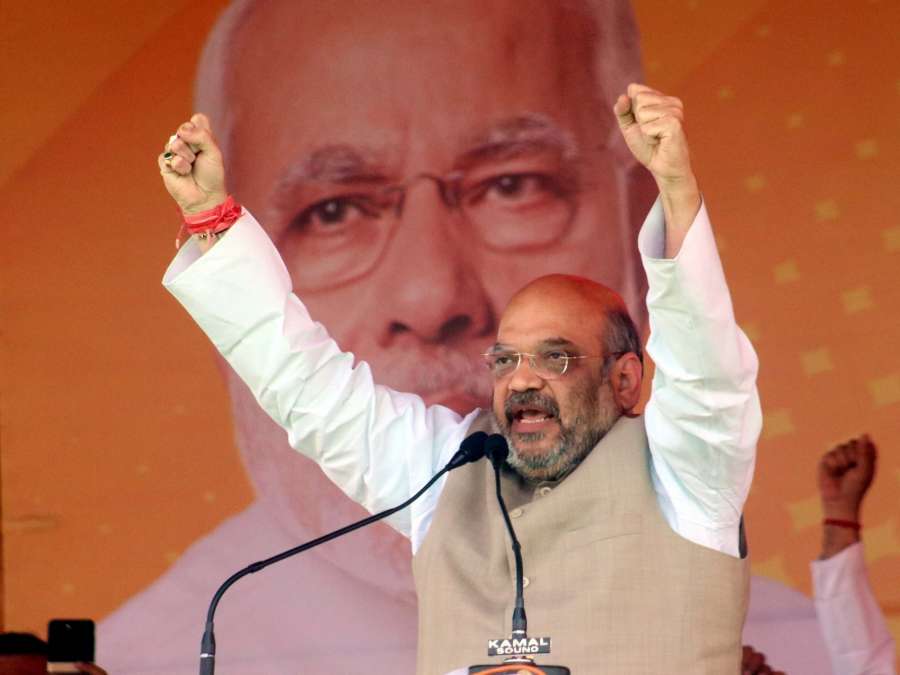
The reason why there is no opposition to Hindi in the state is that almost all people have learnt Hindi in schools as the state had a three language education policy. English, Hindi and Malayalam are taught in almost all schools and most of the people knows Hindi well, even if they are not able to communicate.
This is one reason for Kerala not entering into an agitation mood after the announcement of Amit Shah. Another reason is the historic nature of Keralites, not to enter into major confrontations unnecessarily. Kerala has never witnessed strong agitations at a national level unlike that in Tamil Nadu and Karnataka, the other two southern states.
Even the decades-long water sharing issue of the Mullaperiyar dam between Kerala and Tamil Nadu has not led into a violent agitation in Kerala unlike the Cauvery issue between Karnataka and Tamil Nadu wherein many people lost their lives and properties damaged including motor vehicles, shops and establishments. This nature of the Malayalee populace is reflecting in the language controversy as well.
The middle class of Kerala is a migratory society and after education, many in North Kerala travel to middle east for a living those in central Kerala and South Kerala prefer both middle east, US, UK and Canada. A large migration to other North Indian states are also evident from Kerala. This has led to a cosmopolitan outlook for the Malayalis in their language, dress code, food habits and even in marriages. So Kerala as a society stands apart for barriers in language and hence there was not much impact on the statement by Amit Shah in the southern most tip of India.
While there are voices of dissent in some parts of Kerala, it is mostly confined to political parties like the CPM who want to oppose as the person who had brought the idea is Amit Shah. However, even those voices of opposition are turning shriller by the day.
More than this Kerala has the history of protecting its linguistic minorities with Tamil and Kannada minority communities getting reservation in schools and colleges and even in Public Service Commission. Still there were agitations in certain predominantly Kannada language speaking areas of Kasargod district in Northern Kerala for posting officials with Kannada language knowledge in areas where Kannada speaking people are in the majority.
The presence of a large number of migrant workers from North Indian states and Bengal have led to even the nook and cranny of the state knowing Hindi as a colloquial language that is used in vegetable shops, meat shops, local tea shops and even in buses and Keralites have adapted to the language of Hindi.
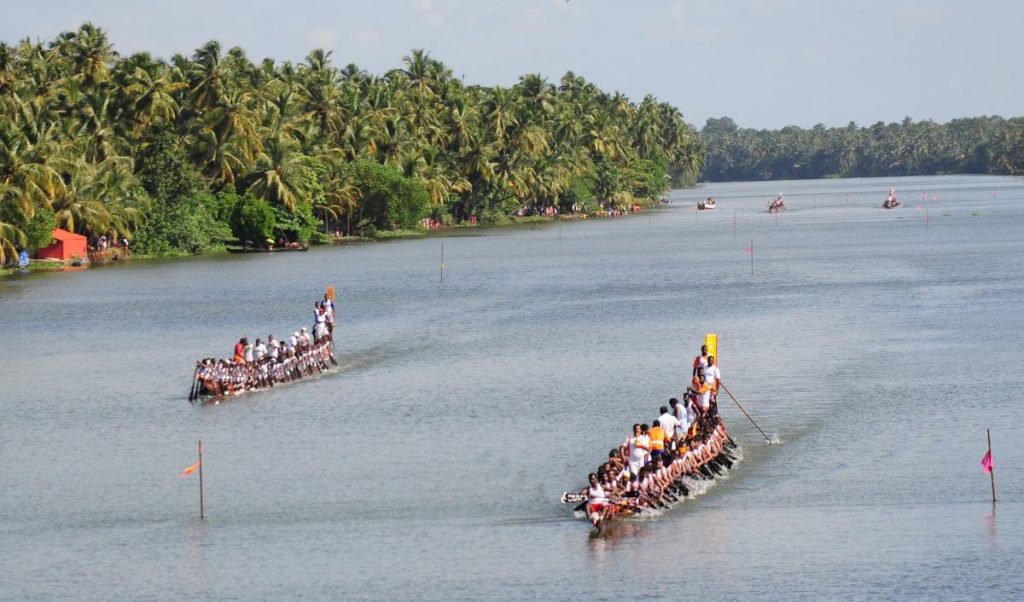
V. Manivarnan, BJP, Kannur district vice-president while speaking to IANS said: “Keralites as a society has always been shy of major agitations and with Hindi being a language used in every part of the state now, thanks to the arrival of a large number of migrant workers, the people of the state know that there is no point in agitation against the imposition of Hindi language. If objections and oppositions come up at a later stage, that would be politically driven for the sake of publicity.”
ALSO READ-Churches in Kerala buzzing with activity ahead of Easter


